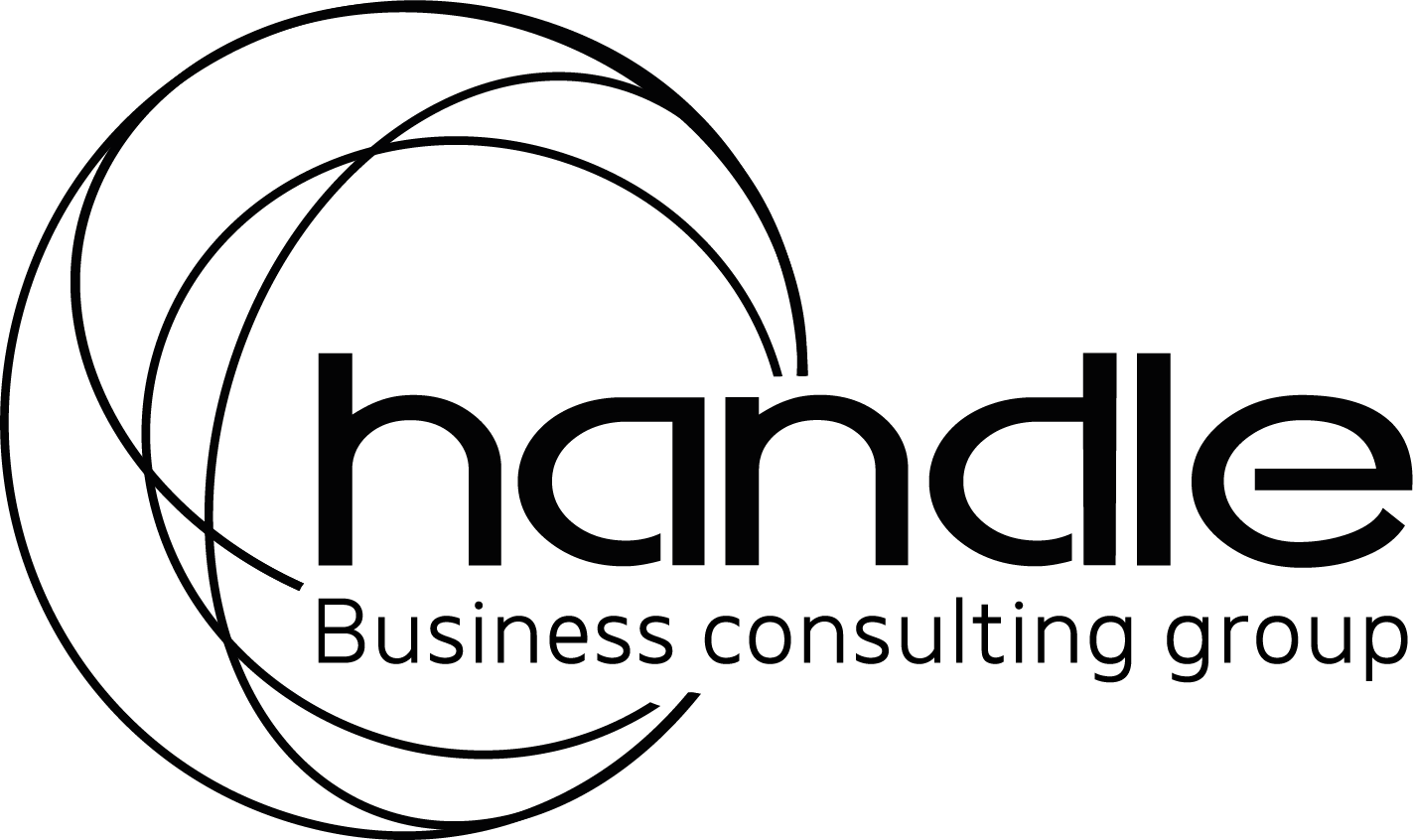Abstract:
The composition of a board of directors plays a crucial role in the success and long-term sustainability of any business, including family enterprises. However, the selection process for board members in family businesses requires careful consideration of both family dynamics and business needs. This report examines the criteria for selecting board members in family businesses, highlights the specialized functions they perform, and explores the benefits they bring to the organization.
- Introduction:
1.1. Background:
Family businesses face unique challenges due to the integration of family dynamics and business operations. Selecting the right board members who can effectively navigate these challenges is crucial for their success and growth.
1.2. Objective:
This report aims to provide insights into board member matching for family businesses. It explores the criteria for selecting board members, identifies specialized functions they perform, and highlights the benefits they bring to family enterprises.
- Selection Criteria for Board Members:
2.1. Competencies and Expertise:
Board members should possess relevant competencies and expertise that align with the business’s strategic goals. This includes industry knowledge, financial acumen, legal and governance expertise, leadership skills, and experience in areas such as marketing, operations, or technology.
2.2. Independence and Objectivity:
To ensure impartial decision-making, independence and objectivity are critical. Selecting board members who can provide unbiased advice and challenge the status quo fosters effective governance and reduces potential conflicts of interest that may arise within family businesses.
2.3. Alignment with Company Values:
Candidates should align with the mission, values, and long-term vision of the family business. Shared values create a cohesive board environment, enhance decision-making processes, and promote the organization’s culture and legacy.
2.4. Diversity and Complementary Skills:
Seeking diversity in board composition, including gender, age, and professional background, brings a broader range of perspectives, mitigates groupthink, and enhances overall decision-making effectiveness. Complementary skills and experiences among board members also contribute to a well-rounded governance team.
- Specialized Functions of Board Members:
3.1. Strategic Planning and Oversight:
Board members provide strategic guidance, participating in the formulation and review of long-term goals, business strategies, and risk management frameworks. Their oversight ensures that the business stays on track and remains adaptable to dynamic market conditions.
3.2. Corporate Governance and Compliance:
Board members play a vital role in ensuring compliance with legal and regulatory requirements. They establish governance structures, policies, and procedures that enhance transparency, accountability, and ethical practices within the family business.
3.3. Succession Planning and Talent Management:
Board members often participate in succession planning discussions, providing insights and expertise in identifying and grooming potential successors. Their role in talent management includes attracting, retaining, and compensating key executives within the organization.
3.4. Risk Management and Financial Oversight:
Mitigating risk and ensuring sound financial performance are core responsibilities of board members. They oversee financial reporting, monitor fiscal health, and establish risk management frameworks to safeguard the family business’s assets and reputation.
3.5. External Relations and Networks:
Board members act as ambassadors for the family business, leveraging their networks to establish relationships with stakeholders, including investors, customers, suppliers, and government entities. These relationships can provide valuable opportunities for business growth and collaboration.
- Benefits of Board Members for Family Businesses:
4.1. Strategic Decision-Making:
Board members bring diverse perspectives and expertise, enriching strategic decision-making processes. Their objectivity and independent thinking challenge assumptions, promote informed discussions, and contribute to well-rounded decisions.
4.2. Effective Governance and Transparency:
Board members enhance governance practices, including accountability, transparency, and disclosure. Their oversight ensures fair treatment of stakeholders, builds trust, and safeguards the organization’s reputation.
4.3. Enhanced Family-Professional Balance:
Board members who are non-family professionals or independent directors provide impartial advice and help strike a balance between family dynamics and business operations. This fosters smoother decision-making processes and minimizes conflicts of interest.
4.4. Succession Planning and Continuity:
Board members contribute invaluable insights to succession planning, ensuring leadership continuity and minimizing disruptions during key transitions. Their experience and objectivity can support the selection and development of future family leaders.
4.5. Strategic Alliances and Networking:
Board members with extensive networks can open doors to strategic alliances, partnerships, and business opportunities. Their connections enhance the family business’s access to resources, markets, and expertise, facilitating growth and expansion.
- Challenges and Considerations in Board Member Matching:
5.1. Family Dynamics:
Family businesses must navigate the delicate balance between family dynamics and the need for professional governance. Selecting board members who understand and respect the family’s values, relationships, and dynamics is essential to maintain harmony and minimize potential conflicts.
5.2. Succession Planning:
Board members play a pivotal role in supporting and guiding succession planning efforts. The challenge lies in identifying individuals who possess the necessary expertise, objectivity, and knowledge of the family’s aspirations to ensure a smooth transition and continuity of leadership.
5.3. Finding Independent Directors:
Family businesses often face challenges in attracting independent directors who can provide an objective perspective on governance matters. Building relationships with potential candidates, leveraging professional networks, and demonstrating a commitment to effective governance are crucial in attracting qualified independent directors.
5.4. Balancing Family and Non-Family Representation:
Maintaining a balance between family and non-family representation on the board is a critical consideration. It ensures that family interests are represented while also benefitting from external perspectives and expertise. Striking the right balance promotes effective decision-making and governance.
5.5. Continual Board Refreshment:
Family businesses should periodically evaluate their board composition to ensure relevancy and effectiveness. Regular board refreshment through periodic assessments and a succession plan for board members themselves helps maintain a diverse and dynamic board that can address evolving business needs.
- Best Practices in Board Member Matching for Family Businesses:
6.1. Define Board Composition Goals:
Establish clear goals and objectives for board composition, considering the family’s values, business strategy, and long-term vision. Develop a skills matrix that outlines the desired competencies, experiences, and diversity to guide the selection process.
6.2. Engage an Independent Nominating Committee:
Establish an independent nominating committee or seek external expertise to facilitate the selection process. These individuals/committees can bring objectivity, expertise, and knowledge of governance best practices to the board member matching process.
6.3. Evaluate Candidates Holistically:
Consider a candidate’s professional competencies, experiences, personal attributes, and cultural fit within the family business. Assess their ability to navigate complex family dynamics, communicate effectively, and contribute to strategic decision-making.
6.4. Leverage External Networks:
Tap into professional networks and seek recommendations from trusted sources to identify potential board members. Engage with professional organizations, industry associations, or corporate governance experts who can provide recommendations and referrals.
6.5. Onboarding and Development:
Support newly appointed board members through a comprehensive onboarding process. Provide them with necessary information, orientation, access to key stakeholders, and ongoing opportunities for professional development to enhance their effectiveness on the board.
- Conclusion:
Selecting the right board members for family businesses is a crucial undertaking that requires a thoughtful and comprehensive approach. Careful consideration must be given to the selection criteria, specialized functions, and benefits that board members bring. By recognizing the unique dynamics of family businesses and aligning board member selection with the organization’s strategic objectives, family enterprises can enhance strategic decision-making, corporate governance, succession planning, and overall business performance. Engaging qualified and diverse board members who understand the intricacies of family dynamics while contributing their expertise and independent perspectives ensures that family businesses thrive for generations to come.
















